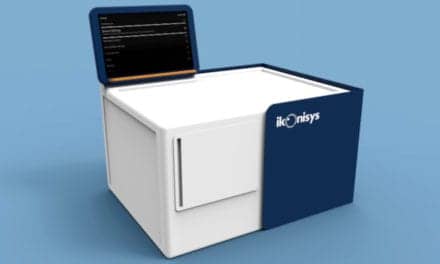DiaSorin Molecular LLC, Cypress, Calif, has introduced three new primer pairs for use in laboratory-developed molecular tests. The reagents are specific to three bacterial targets associated with tick-borne infections: Anaplasma phagocytophilum, Babesia, and Ehrlichia species.
The offerings join DiaSorin Molecular’s menu of more than 60 molecular reagents for bacterial, fungal, and viral targets in addition to human genetic mutations. The primer pairs are classified as analyte-specific reagents, which can be used by high-complexity laboratories to develop their own laboratory-developed tests.
Tick-borne infections are on the rise, with reported cases more than doubling between 2004 and 2016. Factors behind the increase include a rise in human travel, which can result in the spread of tick-borne bacteria to new locations, as well as climate and habitat changes affecting animals that harbor ticks.
“These new primer pairs are the result of our ongoing work to develop and deliver a robust menu of molecular products,” says Michelle Tabb, vice president of research and development for DiaSorin Molecular. “With greater access to commercially developed molecular reagents, diagnostic labs are better able to customize tests that meet their unique patient needs.”
To learn more, visit DiaSorin Molecular.






I live in Villahermosa Tabasco, Mexico, and since 2008 we have found the cytoplasmic inclusions suggestive of anaplasma and ehrlichia, so we are very interested in your product. In the hospital where I work we have already reported hundreds of cases, unfortunately only presumptively. I would appreciate all the possible information to be able to carry out the storage of samples in order to be able to carry out the molecular study